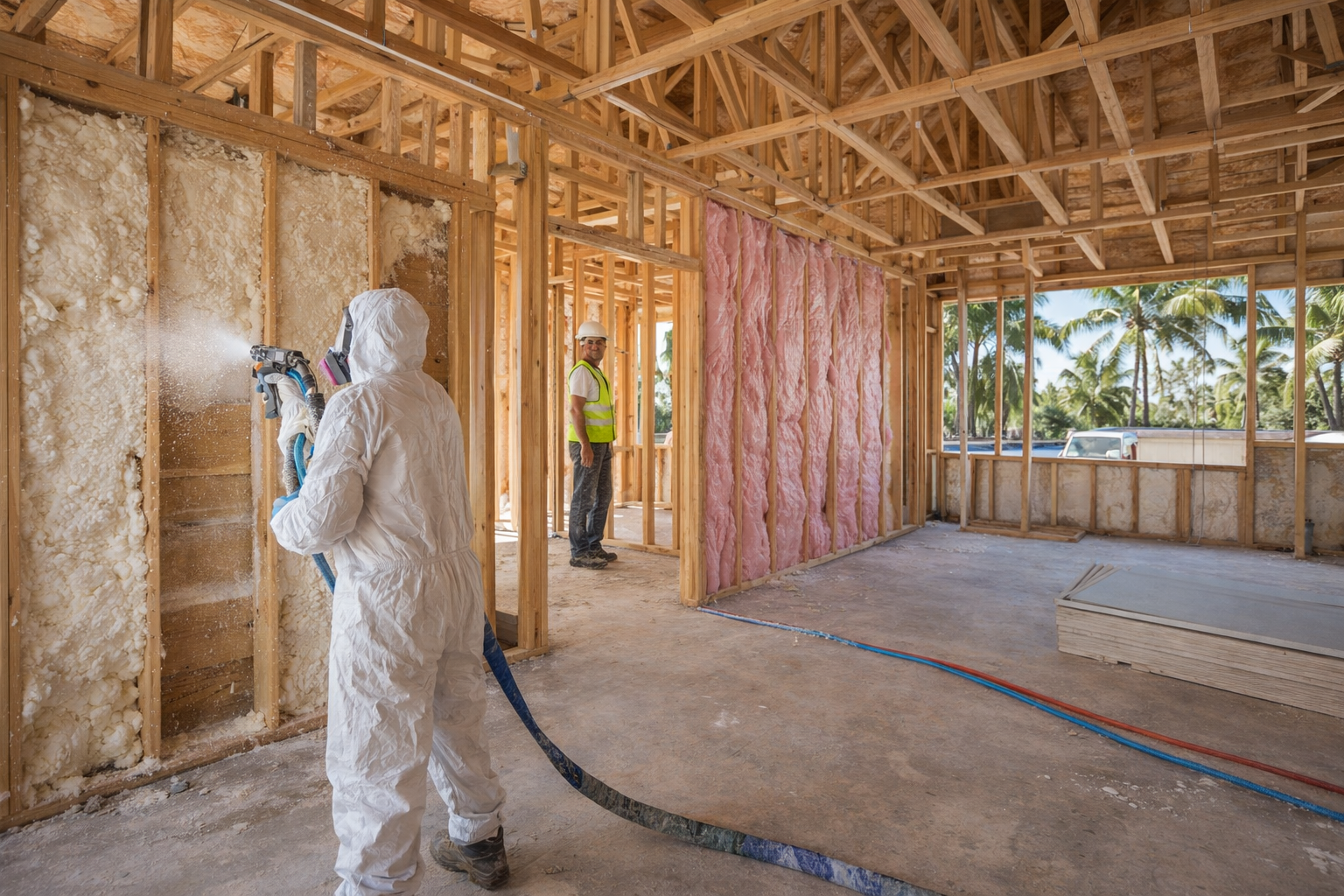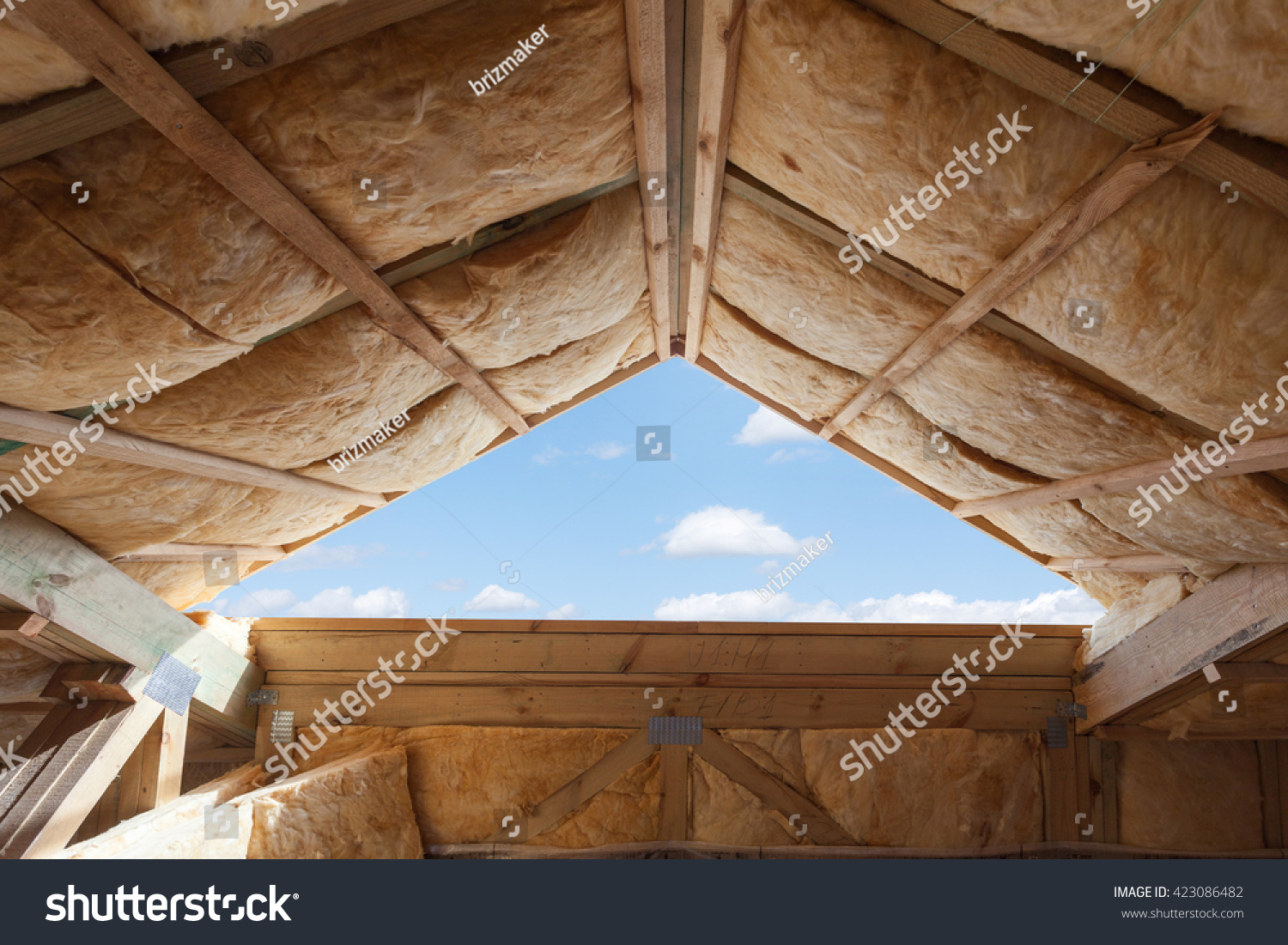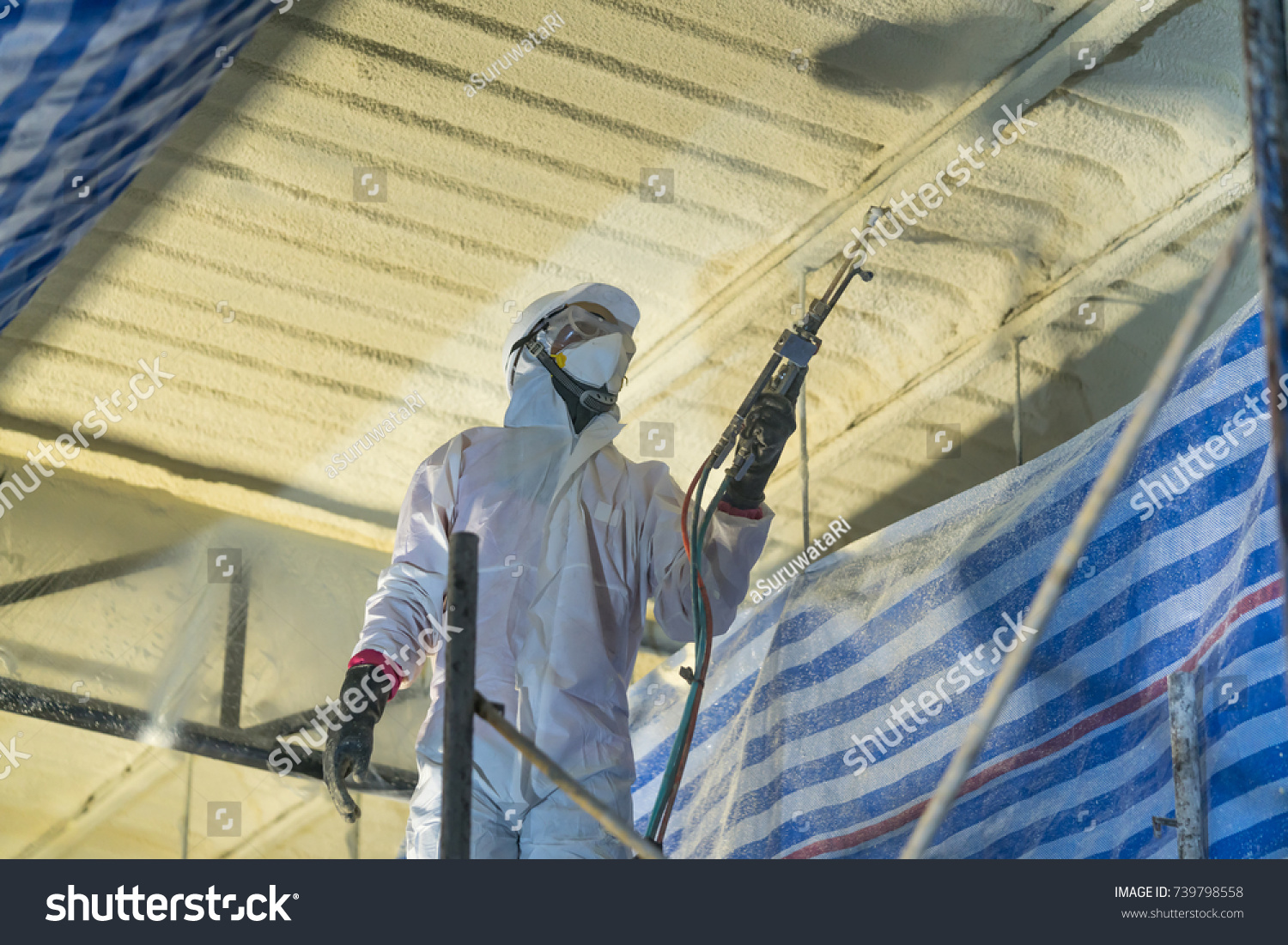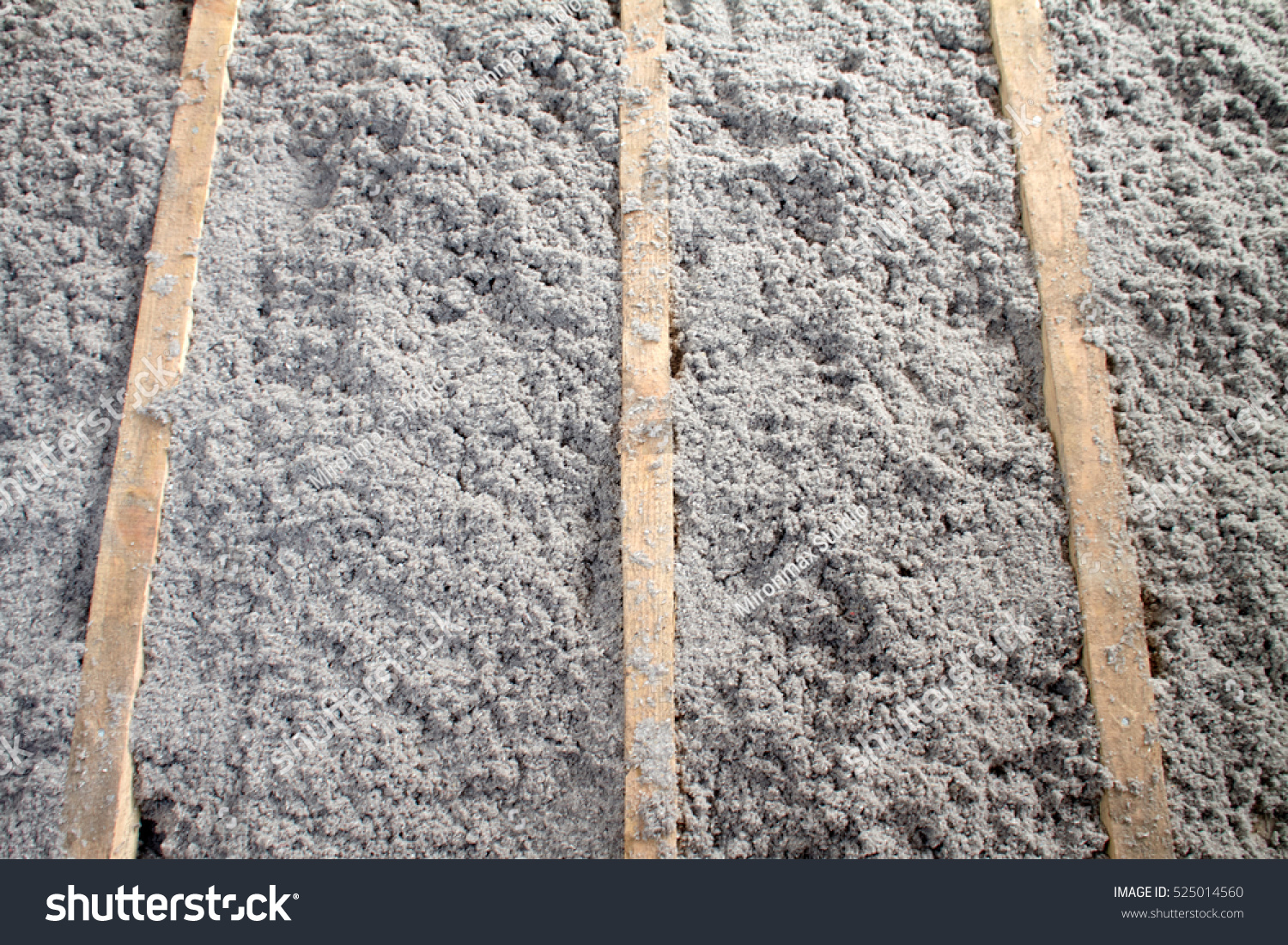HOME INSULATION SOLUTIONS FOR MIAMI AND SOUTH FLORIDA’S UNIQUE COASTAL CLIMATE CHALLENGES

Miami and South Florida’s distinctive coastal climate can present unique challenges to homeowners. High temperatures, heavy rainfall, and humidity are some of the elements that can directly impact your home’s comfort, energy efficiency, and longevity. For this reason, choosing the appropriate insulation materials and techniques that can effectively tackle these challenges is essential. At Atlas Insulation, we specialize in providing customized insulation solutions tailored to meet the specific needs of homeowners in the region, helping you maintain a comfortable and energy-efficient household irrespective of the weather.
Miami and South Florida’s tropical climate calls for insulation materials that provide superior thermal performance and are moisture-resistant and long-lasting. Insulation materials like spray foam, fiberglass, and cellulose are some popular choices in the region, offering varying degrees of effectiveness in combating the harsh natural elements. However, choosing the right insulation material is just one piece of the puzzle. Homeowners must also consider an insulation strategy that effectively addresses the entire building envelope and addresses potential weak spots, preventing air leakage, heat transfer, and moisture intrusion.
In this article, we will provide an in-depth look at the unique challenges of Miami and South Florida’s coastal climate and uncover the importance of selecting the right insulation materials and strategies. We will also discuss specific insulation solutions best suited for the region and how professional services like Atlas Insulation can help you achieve the desired results, ensuring your home remains comfortable, energy-efficient, and resilient against the harsh coastal environment.
Whether you are a new homeowner seeking insulation solutions or planning to retrofit your existing home, understanding the distinct challenges of Miami and South Florida’s climate and the insulation options available is vital for making well-informed decisions. Equip your home to withstand the test of time and the elements by adopting appropriate insulation measures, guaranteeing a comfortable and energy-efficient living space for you and your family.
Understanding Miami and South Florida’s Unique Climate Challenges
To devise effective insulation solutions for homes in the coastal areas of Miami and South Florida, it is crucial first to understand the distinct challenges posed by the region’s climate. Here are some critical factors that homeowners in the region must take into account when selecting insulation materials and strategies:
1. High Heat and Humidity: With year-round warm temperatures and high humidity levels, choosing insulation materials and methods that can effectively mitigate heat transfer and prevent moisture damage becomes critical in maintaining a comfortable indoor environment.
2. Heavy Rainfall: South Florida experiences substantial rainfall, especially during the wet season. Insulation solutions should be water-resistant and able to prevent moisture intrusion, mitigating the risk of mold and mildew growth.
3. Salt Air and Corrosion: Coastal regions like Miami are exposed to salt-laden air, which can accelerate the corrosion of metal building components. Insulation materials that minimize air leakage and provide a physical barrier against salt air can help protect the structure of your home.
4. Hurricane-Prone Weather: South Florida is prone to hurricanes, necessitating insulation solutions that can withstand strong winds and potential water damage.
Choosing the Right Insulation Materials for Coastal Climate
Considering the unique challenges of Miami and South Florida’s coastal climate, selecting insulation materials with the right attributes is fundamental for ensuring your home’s insulation’s durability, effectiveness, and longevity. Here are some popular insulation materials suitable for the region:
1. Spray Foam Insulation: Available in both open-cell and closed-cell forms, spray foam insulation is highly effective in providing airtight sealing, exceptional thermal resistance, and moisture protection. Its flexible nature allows for seamless adaptation to various building designs and structural challenges. Closed-cell spray foam, in particular, offers an additional advantage in high moisture environments due to its high water resistance.
2. Fiberglass Insulation: As a budget-friendly option, fiberglass insulation can be used in batts, rolls, or loose-fill forms and offers reasonable thermal performance. However, it’s essential to ensure proper air sealing when using this material to avoid potential moisture damage or reduced energy efficiency.
3. Cellulose Insulation: Made from recycled paper products and treated for fire and mold resistance, cellulose insulation is an eco-friendly option that can be blown into walls, ceilings, or attic spaces. It provides good thermal performance, but its moisture resistance may be less efficient than other materials like spray foam.
Implementing Effective Insulation Strategies for Coastal Homes
Selecting the right insulation materials is just the beginning; to combat the unique climate challenges effectively, homeowners must adopt insulation strategies that address the entire building envelope. Here are some aspects to consider in creating a comprehensive insulation plan:
1. Attic Insulation: As heat tends to rise, insulating your attic is crucial for reducing heat transfer and maintaining a comfortable temperature inside your home. Upgrading to a high-performance material like spray foam or supplementing your existing insulation with additional layers can greatly improve energy efficiency.
2. Wall Insulation: Properly insulating your walls can help control heat transfer, minimize air leakage, and protect your home from moisture intrusion. Closed-cell spray foam insulation is a top choice for coastal homes due to its water resistance and high R-value.
3. Crawl Spaces and Basements: Encapsulating crawl spaces and insulating basements can reduce energy loss and enhance your home’s overall moisture protection.
4. Air Sealing: Preventing air leakage is crucial for maintaining insulation effectiveness, preventing humidity-related issues, and protecting structural components from corrosion.
Partnering with Insulation Professionals for Customized Solutions
Working with an experienced insulation company like Atlas Insulation can help you navigate the complexities of Miami and South Florida’s coastal climate and choose the right insulation materials and strategies for your home. Professionals can provide tailored solutions that address your home’s unique needs and challenges, ensuring effective insulation and lasting durability.
Conclusion
Choosing the right insulation materials and strategies tailored for Miami and South Florida’s unique coastal challenges can make all the difference in maintaining a comfortable, energy-efficient, and resilient home. By understanding the climate-related challenges and working with expert insulation professionals like Atlas Insulation, homeowners in the region can make informed decisions regarding their insulation systems, enhancing their homes’ comfort, durability, and longevity. Equip your coastal home with tailored insulation solutions that stand up to the elements and guarantee a comfortable and energy-efficient living environment for you and your family.
Are you ready to tackle Miami and South Florida’s coastal climate challenges head-on? Contact Atlas Insulation today for a professional assessment and customized insulation solutions catering to your home’s specific needs. Benefit from our years of experience and high-quality insulation materials to ensure lasting comfort and energy efficiency for your coastal home.





